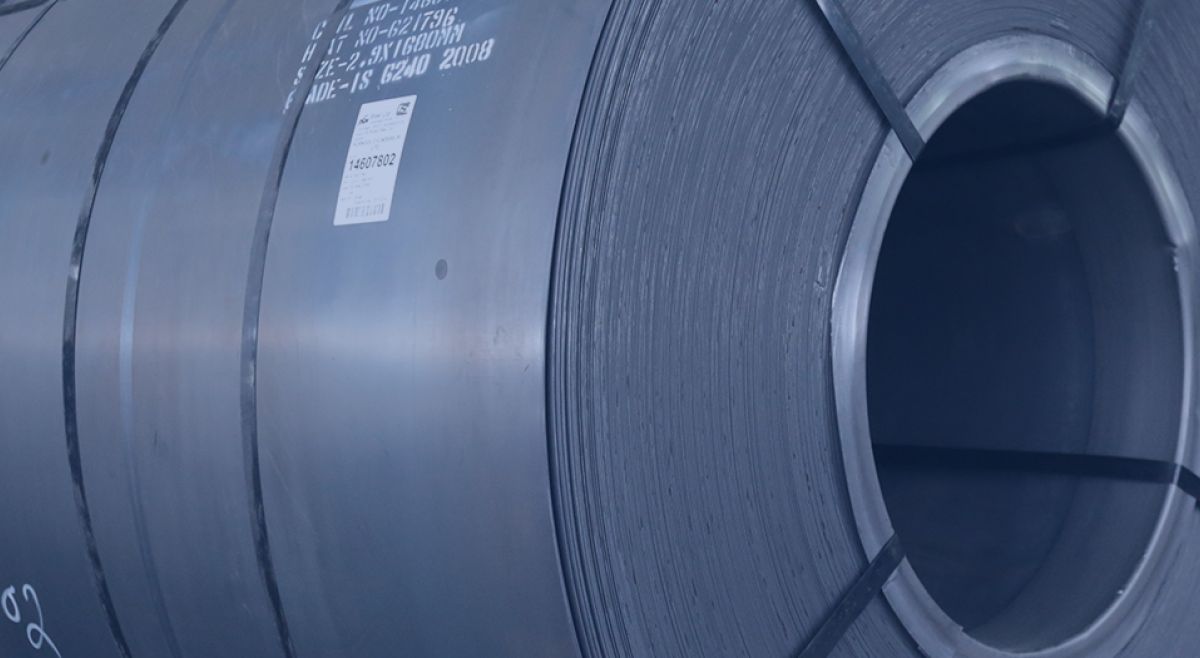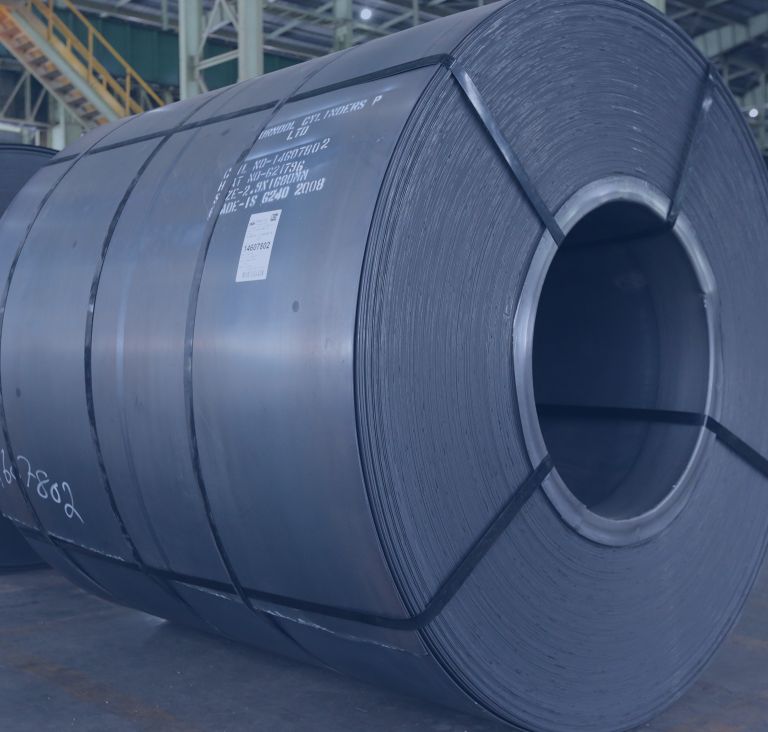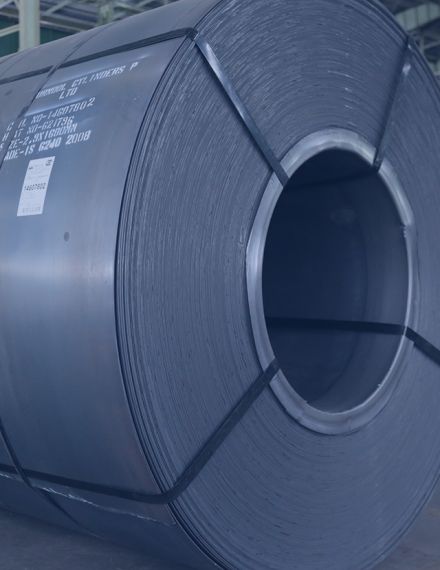Grades and Uses
What does grades of steel mean?
Steel is essentially an alloy of iron and carbon, and sometimes other elements such as manganese. However, the amounts and proportions of these elements in a particular batch of steel varies. The way steel is manufactured also plays an important role in determining its end application. Thus, simply put, the grade of steel is a way to categorize steel based on the different factors that influences its properties.
What is the need for having multiple steel grades?
We know how far-reaching steel’s applications are – from smartphones to bridges, steel is used in almost everything we use every day. This necessitates the production of specialized steel that best suits particular applications. For example, steel Grade 1045 is suitable for high-heat applications such as gears or moving parts while grade 500’s toughness and load bearing capacities are used in heavy-duty mining equipment.
Steel grade is a system that helps distinguish steel in terms of its physical and chemical properties. Various stakeholders in the steel industry, for example, steel manufacturers, dealers and engineers, use the steel grading system to standardize the quality of steel to be used. These standards provide a common language to communicate the properties of steel with great specificity, and guide product manufacturers toward proper processing and application procedures.
What is hot rolled steel?
In hot rolling, steel is milled at a temperature higher than steel’s recrystallization temperature, which is usually more than 1700 degrees Fahrenheit. This ensures that the steel can be shaped and formed easily and can be manufactured in large sizes. However, it is important to note that “hot-rolling” is not a grade of steel; hot rolling can be used to make steel of various grades.
What are some of the most-used hot-rolled steel grades?
Hot rolled steel sheets and coils find a wide range of applications in structural and general engineering, welded pipes and tubes, automobile manufacturing and LPG cylinders to name a few. The grades can vary accordingly. At JSW Steel’s manufacturing units in Dolvi, Maharashtra, and Vijayanagar, Karnataka, hot rolled steel is produced in plain structural carbon grade, medium carbon grade, high tensile grades of Fe510 and Fe590, two grades of API PSL, low carbon EDD IF steel, and TRIP steel.
Additionally, JSW Steel’s Vijayanagar unit has an environment product declaration in accordance with ISO 14025 and EN15804, testifying JSW Steel’s commitment to the principles of sustainable development and of environmental stewardship. JSW Steel believes in integrating sustainability into everyday processes.






